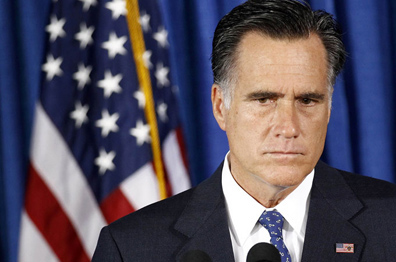
The current cover of about-to-be-print-defunct Newsweek asks a question that could be seen as an old (and oh so tired) joke:
Who’s there?
Jesus.
Jesus who?
Jesus who? After 2000 years you still don’t know who Jesus was?
Perhaps Newsweek is reduced to the digital because it took so long to follow up on Time Magazine‘s 1966 cover that asked “Is God Dead?” Both are questions that beg further questions. For Time, which God? For Newsweek, which Jesus? For that matter, it could also be asked which Moses, which Muhammad, which Buddha, which Krishna, which Ishtar, which Baal, which Zeus, which Napoleon, which Joseph Smith and which Elvis? In all but the last three choices above, no historian can ever answer the question, and even Napoleon is philosophically iffy.
Since this is the Christmas season that is consuming our time, let’s start with Jesus. Do you want the Jesus who is mortal or the one born of a virgin and equal to eternal deity? Be careful how you choose for you could end up (and it would be your end after the middle of the 4th century) being an Arian heretic rather than accepting the alternative of homoousious (a word worth looking up if only because it has a double o in the middle). Do you want the babe away in a manger while angels sang to shepherds and wise guys followed a star to Bethlehem? Then even the current Pope has his doubts. Do you want Jesus of the Gospels, who thought it was easier for a camel to go through the eye of a needle than for a rich man to get into heaven and preferred the wisdom of children to the theologians of his day? Then think twice about applying for funding from the for-profit Andrew Carnegie’s trying-philanthropically-to-be-like-the-prophet Carnegie Foundation.
Do you want the Jesus that died for your sins so you could go on a crusade to the Holy Land and kill the infidels who had taken over Jerusalem? Continue reading Who was (fill in the prophet)?






